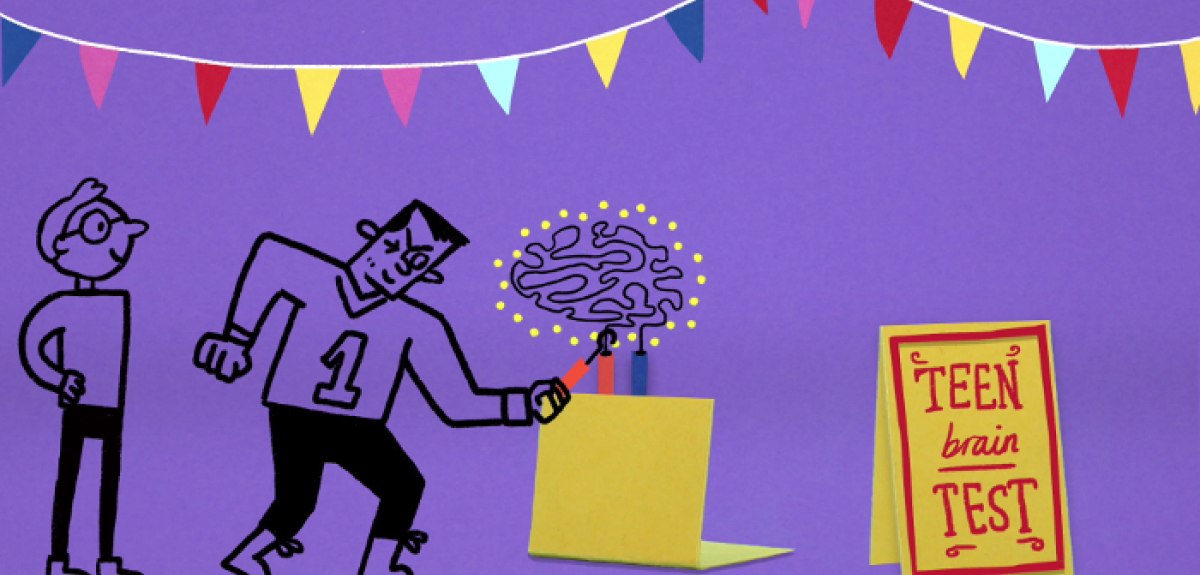
A new Oxford Spark’s animation highlights new Oxford University research surrounding how the brain changes during our teenage years, and how much this developmental period influences people’s behaviours.
Image credit: Oxford University
New Oxford Sparks animation shows why being a teenager is such a rollercoaster
‘I would not be a teenager again if you paid me.’ If this statement perhaps sounds familiar, it is with good reason.
When people reflect on their teenage years it is not always in the fondest context. Along the journey from childhood to teenager, and then finally, onto adulthood, the brain changes in a lot of ways. Known as the control centre of the human body, the brain is responsible for our thoughts, actions and how we function in general.
Researchers at the University of Oxford have been working to understand this pivotal developmental period and a new animation from Oxford Sparks, the University’s popular digital science portal, has shone a light on this project. The animation offers a glimpse inside the teenage mind, and highlights the team's efforts to understand these developmental changes, and how much they influence peoples' behaviours during this time.
During this time three key changes take place, that combined, go some way to explaining the rollercoaster of emotions experienced during adolescence:
- Development slows down in the parts of the brain that control our attention span, impulsive behaviours and the ability to both resist distraction and make decisions;
- Increased development and functional ability in the areas of the brain that control people's 'gut reactions', such as emotions, appetite and mood;
- The communication ('cross-talk') between these parts of the brain becomes increasingly efficient.
In terms of brain development, adolescence represents a ‘perfect storm’ for teenagers, which explains some of the highs and lows associated with the period. These include, the pitfalls of taking more risks and increased social anxiety or, on a more positive note, the desire to try new things and have more experiences.
View the video within the context of your own teenage years here: